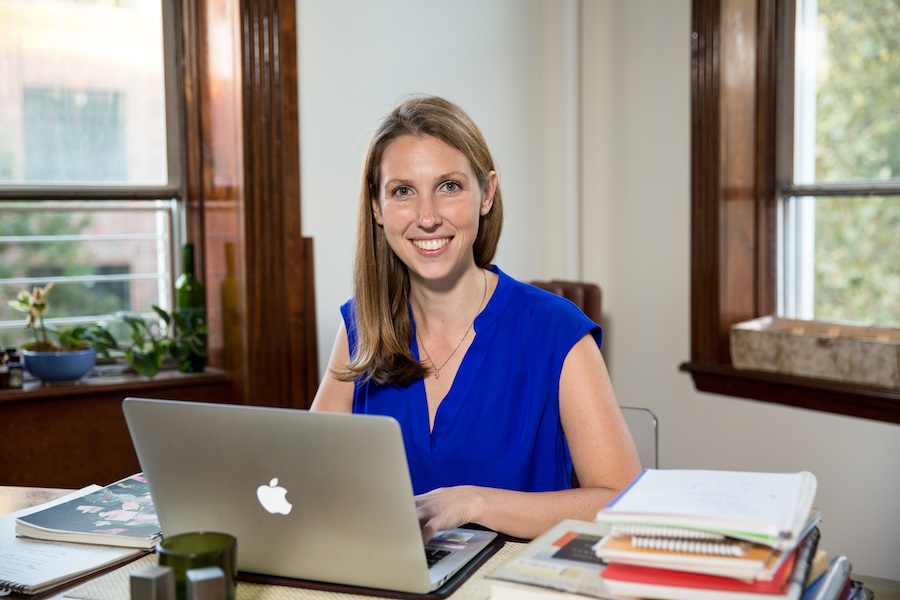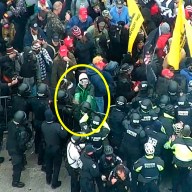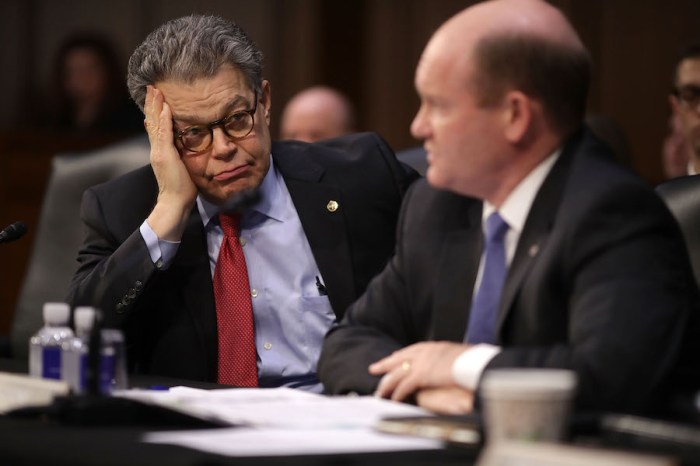As a staff writer at theNew Yorker,professor of creative nonfiction at Yale and recent winner of the 2016 MacArthur grant, Sarah Stillman has mastered the art of long-form investigative journalism. She’s made a career of immersing herself in the issues and communities the mainstream media often skims over. We sat down with Stillman to discuss the challenges of crafting compelling articles, and entering an industry that requires, more than anything, persistence. What made you decide to pursue a career in investigative journalism? How did you get where you are today? Do you have any advice for those looking to pursue this career? After completing all of your research and interviews, how do you sift through all of this information and actually begin writing?
Investigative journalism seemed like an opportunity to dive very deeply into particular social problems that I cared a lot about but didn’t see getting a lot of media coverage. Temperamentally, I’m also someone who likes to take my time. I’ve never been someone who did daily news style journalism and had toparachute in. I feel really lucky to get to spend a lot of time getting to know people and the particular problems I’m writing about.
A lot of people tell you to take a job where you’re aggregating a lot of news stories and putting tons of content out there. I took the opposite route. I found one particular project that I was deeply obsessed with — an article about workers who were being trafficked to U.S. military bases and subject to labor abuses — and that gave me the chance to really hone and polish a story that my heart was set upon telling. I also received the reporting award from NYU that allowed me to travel and finish reporting the story in Afghanistan. When the article was done, I sent it to theNew Yorkerand a really remarkable editor was kind enough to give it a read.
Instead of feeling pulled in a million different directions to publish constant streams of tweets, blog posts and articles, often my advice is to pursue one particular project with a great degree of passion. Increasingly, there’s this incredible network of nonprofit journalistic institutions that are helping to support and sustain writers with these kind of projects.
I’m someone who is overly obsessive with my process and reports 50 times the amount of material I actually need. I always sit down and make a list of the five core things that I can’t live without in the story, and then I figure out how they are connected and how I’m going to weave them together.
What’s the most crucial skill for young journalists to develop if they want to pursue a career in investigative journalism?
It takes an incredible amount of persistence. You can’t be willing to give up at the first rejection or to let a story go by the wayside because you’re not making immediate headway. It’s also crucial for journalists to have an open mind. I came at this as somebody who trained in anthropology and ethnography, and part of the fundamentals of that field is recognizing that it takes a deep investment of time and care to try to even begin to scratch the surface of another person’s world.
Are there any books or authors you would recommend?
Katherine Boo is my absolute hero when it comes to narrative journalism. She’s someone who writes with such granular, obsessive compassion and detail and spends a lot of time with sources, getting to know the ins and outs of their lives. David Grann is also another masterful storyteller. In terms of books, “Telling True Stories” has been a really helpful guide both for me and for my students.
How to break into investigative journalism

John D. & Catherine T. MacArthur Foundation


















